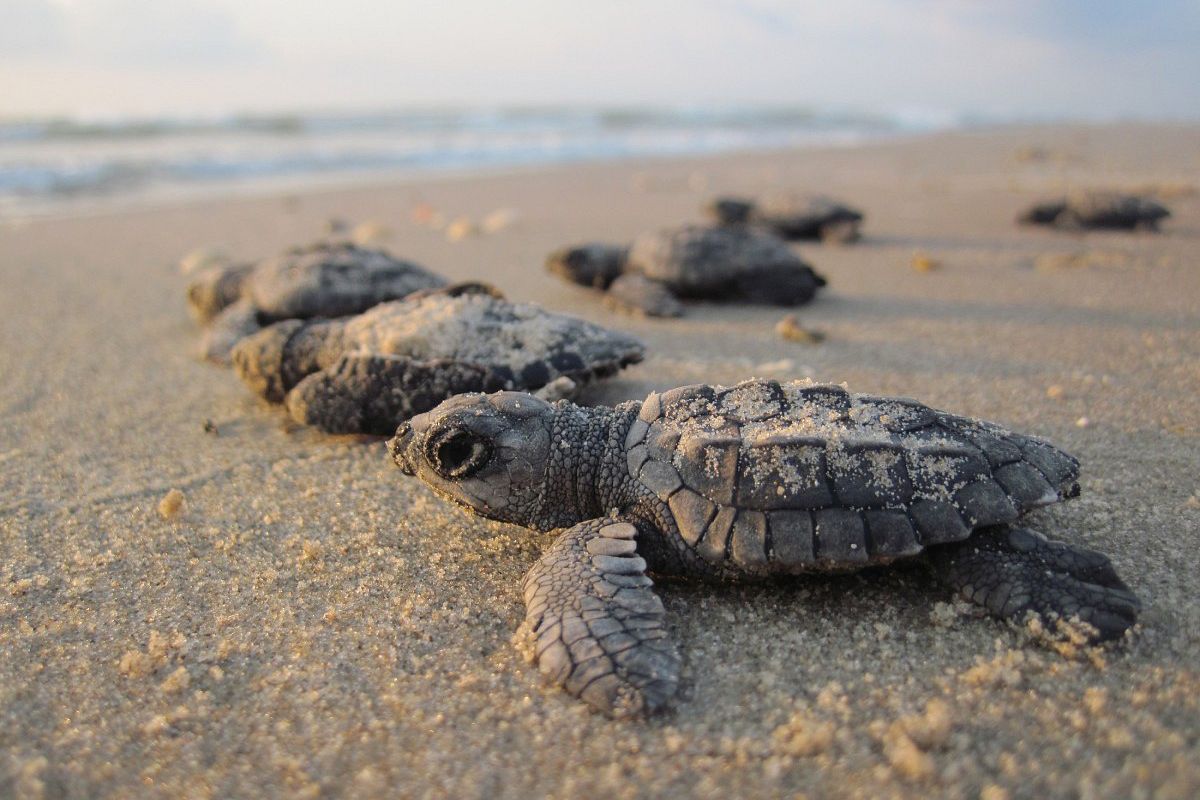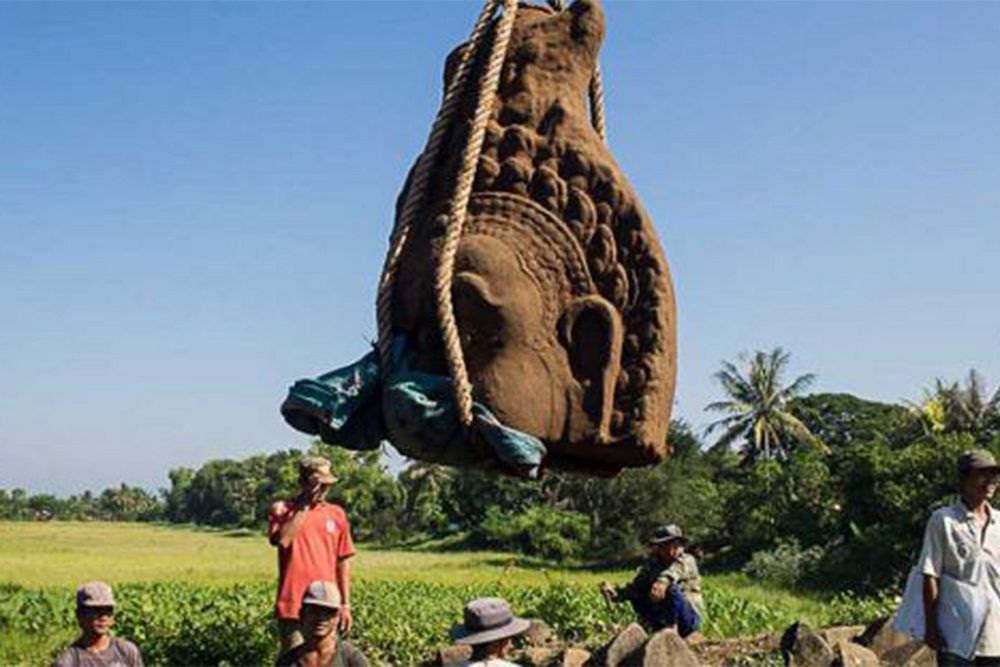A dead whale washed ashore in Indonesia this weekend with thirteen pounds of plastic in its stomach.
According to The Guardian, those who found the whale discovered a large clump of plastic waste in the animal's stomach, which was made up of 115 plastic cups, 25 plastic bags, four plastic bottles, and two flip-flops.
The huge 9.5-meter (31ft) sperm whale was found in Sulawesi, a southeastern Indonesian island. By the time local residents discovered the body, it had already started to rot. As so much time had passed between the whale's death and its autopsy, the World Wildlife Fund for Nature was unable to officially attribute the animal's death to plastic consumption.
The startling amount of plastic found in the whale’s digestive system, however, sparked immediate concern over the potentially devastating effects of plastic waste in the Indonesian Archipelago. The country produces the second largest amount of plastic waste in the world, of which 1.29m tonnes ends up in the ocean each year.
Last year, Indonesia pledged to spend $1bn annually on curbing plastic pollution, yet the island nation remains one of 5 countries, including Vietnam, that dump more plastic into the ocean than anyone else combined. Meanwhile, recent studies show that the Great Pacific Garbage Patch now covers an area of 100 square miles.
It’s not only marine life that suffers the consequences; plastic has contaminated the entire food chain, with scientists discovering microplastics in sea salt, mussels, and bottled water. Some claim that in 30 years there will be more plastic in the world's oceans than fish.
[Photo via Newshub]














